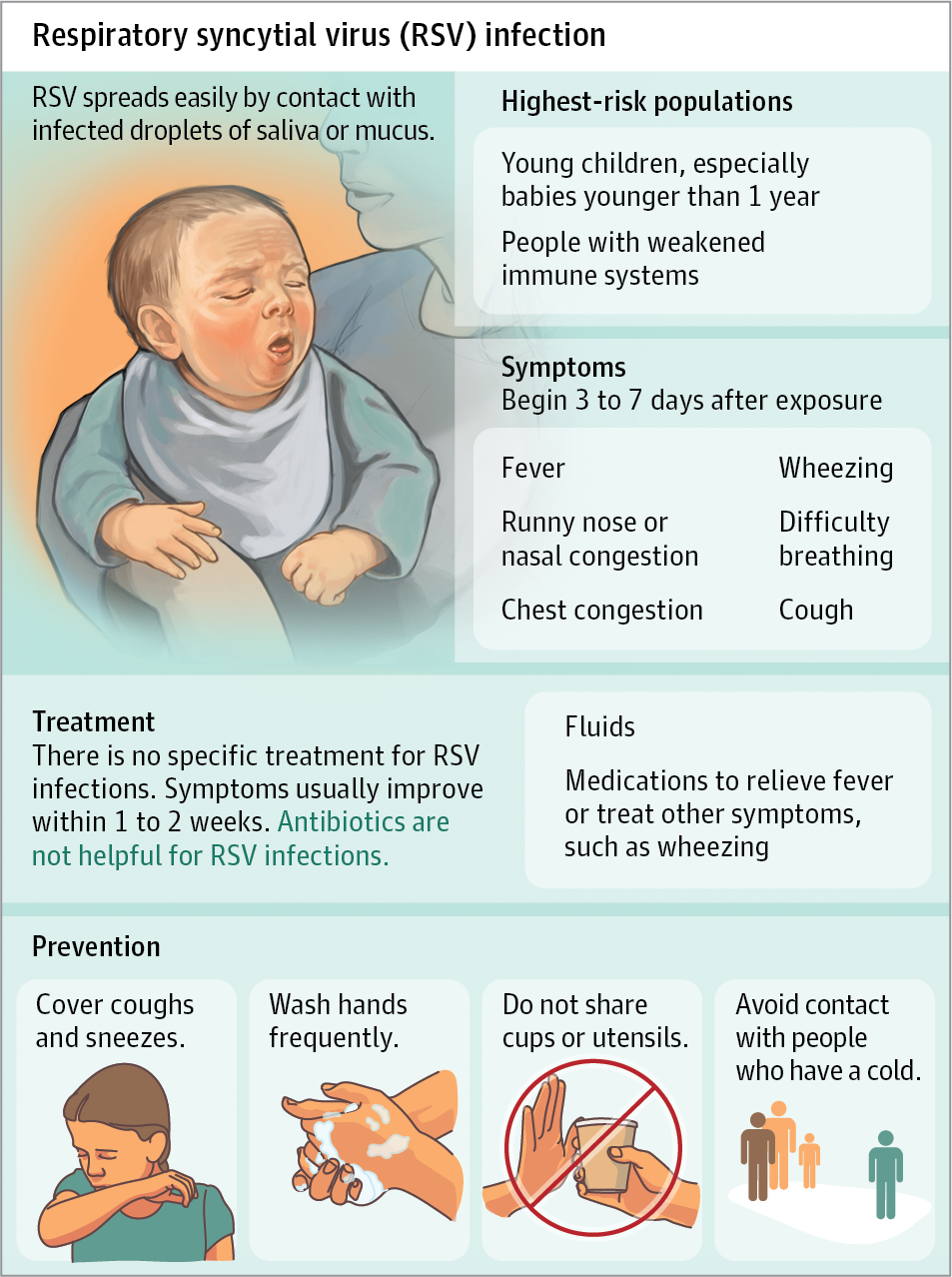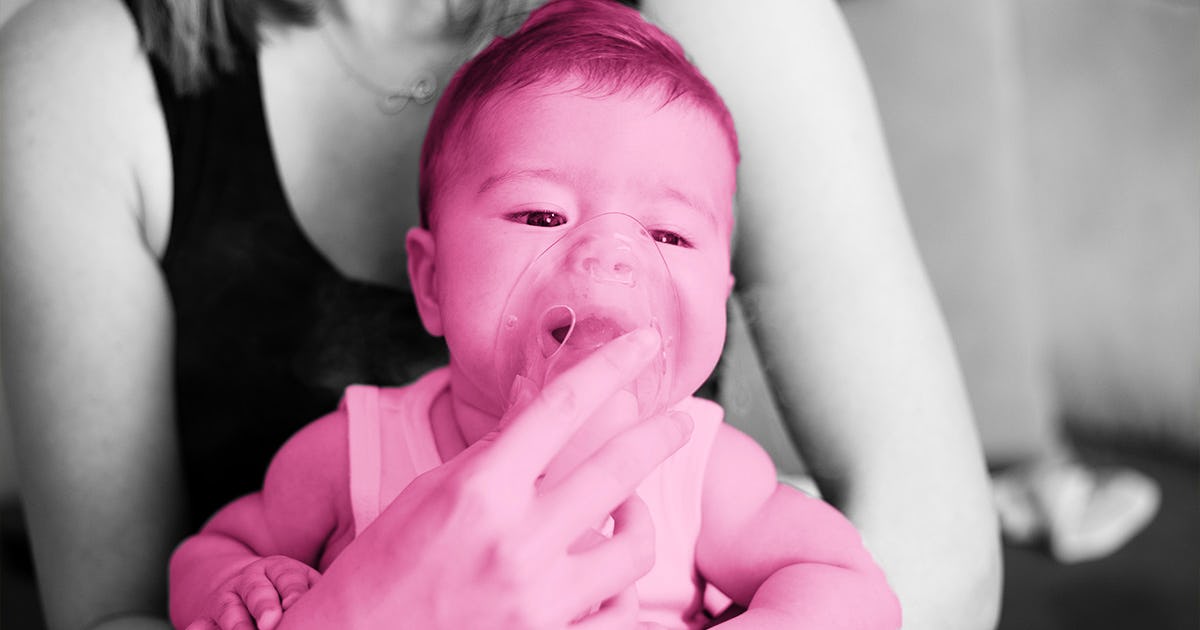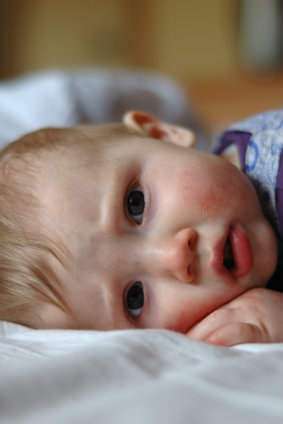what is rsv in babies mean
It is more common in winter and early spring months. RSV is a viral illness that causes trouble breathing.
For most babies and young.

. It can also lead to pneumonia an infection of the lungs. Its so common that most children have been infected with the virus by age 2. Respiratory syncytial virus RSV is a common and very contagious virus that infects the respiratory tract of most children before their second birthday.
In infants and in young children RSV is the most common cause of lower respiratory tract infections. RSV is a seasonal virus that primarily affects children and its really common. It can progress beyond the upper respiratory tract and.
Most kids have had the virus by the time they turn 2. RSV is the most common germ that causes lung and airway infections in infants and young children. It is more common in winter and early spring months.
RSV can also affect people of ages but its especially common in infants and young children. And for kids who are toddler-age and older. Most babies have been.
What is respiratory syncytial virus RSV in children. Outbreaks of RSV infections most. Most cases are mild.
Respiratory syncytial virus RSV causes infections of the lungs and respiratory tract. Most babies have been infected at least once by. By age 2 nearly every child will have been infected.
RSV positive means a. Key points about RSV in children. The virus can give children a cough and a fever and sometimes wheezing.
Children younger than 1 year of age according to the CDC. RSV is a common childhood respiratory virus that mostly afflicts young children often under the age of 5. Its the most common cause of inflammation of the small airways in.
RSV stands for the respiratory syncytial virus a virus that commonly causes respiratory tract infections especially in infants and young children. Respiratory syncytial virus is a common and very contagious virus that infects the respiratory tract of most children before their second birthday. Key points about RSV in children.
RSV is the most common cause of bronchiolitis and pneumonia in US. Most infants have had this infection by age 2. What Is Respiratory Syncytial Virus RSV.
Babies with RSV can develop bronchiolitis which causes coughing wheezing and labored breathing. RSV is a viral illness that causes trouble breathing. RSV is most common in infants between 2 and 8 months of age.
RSVis a viral illness that causes symptoms such as trouble breathing.

It S Rsv Season Please Don T Kiss The Babies Her View From Home

Respiratory Syncytial Virus Nursing Care Planning And Management

Pin On Bebes Babies Bebes Suis Obligee

Hoodbaby Video In 2022 Cute Baby Videos Cute Funny Baby Videos Fun Experiments For Kids

Respiratory Syncytial Virus Rsv National Foundation For Infectious Diseases

How To Recognize The Warning Signs Of Rsv Allergy Asthma Network

Rsv In Infants Everything Parents Need To Know

Tips On Survival With A Sick Baby

Respiratory Syncytial Virus Rsv Vaccine Knowledge

How Rsv Affects Babies And Young Children Babycenter

How Do Babies Get Rsv Fatherly

Respiratory Syncytial Virus Rsv National Foundation For Infectious Diseases

Respiratory Syncytial Virus Rsv National Foundation For Infectious Diseases
/Getty_Images_1174925902-2000-b6cf92bb3c5d42efb2b4611a83195ad8.jpg)
Rsv In Infants Everything Parents Need To Know

10 Things Every Parent Should Know About Rsv Respiratory Syncytial Virus Montreal Children S Hospital

Was Your Baby Bigger Or Smaller Than Typical Mean Baby Sizes By Gestation Prematurity Awareness Month Preemie Babies Nicu Prematurity Awareness



